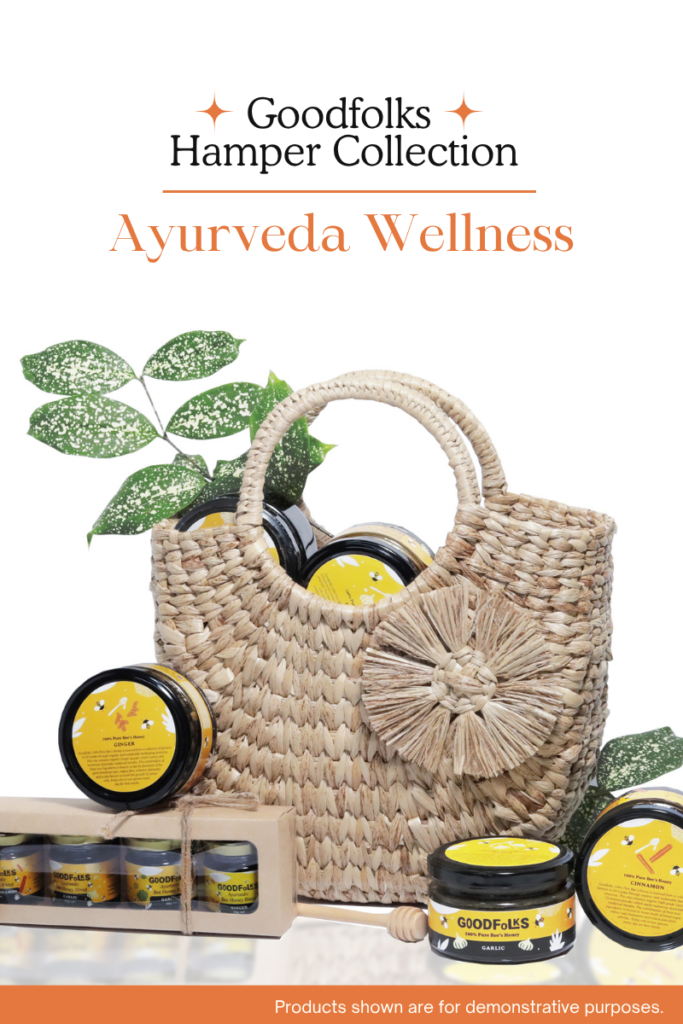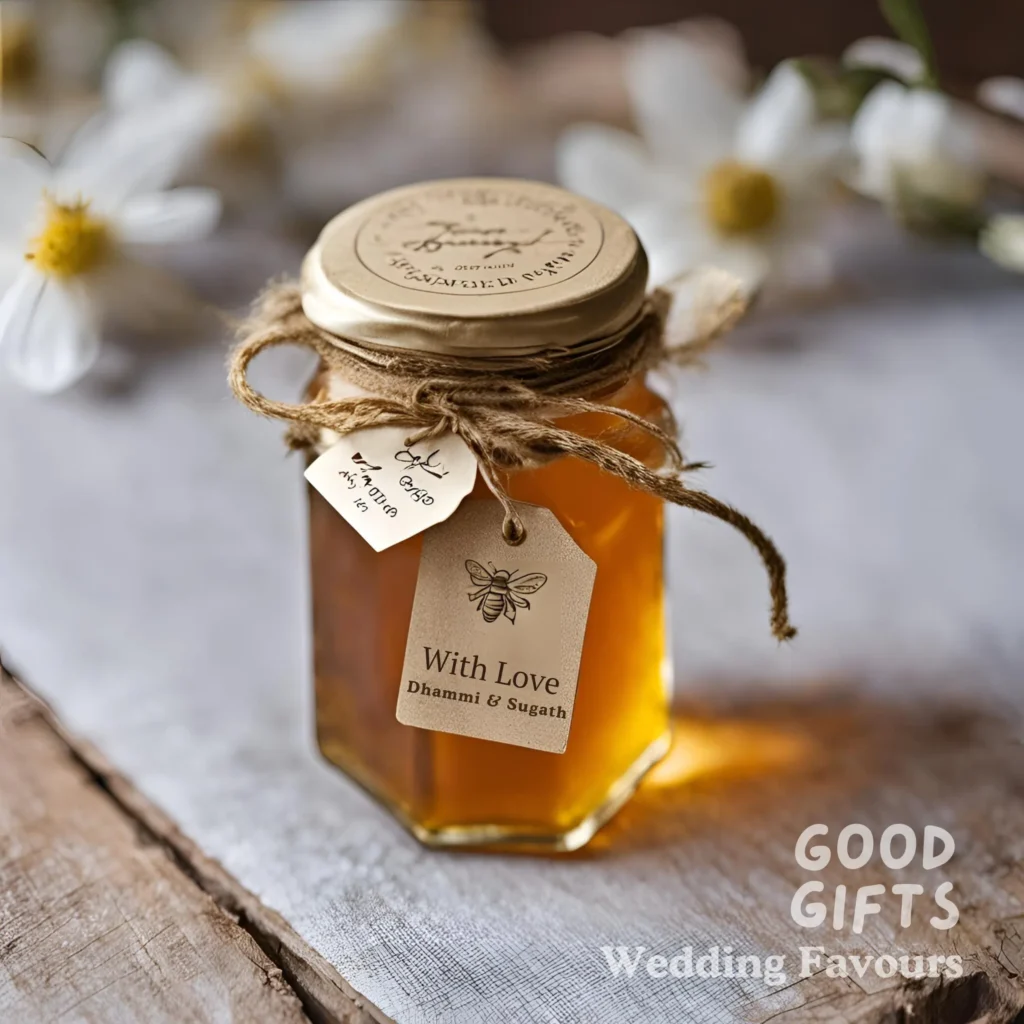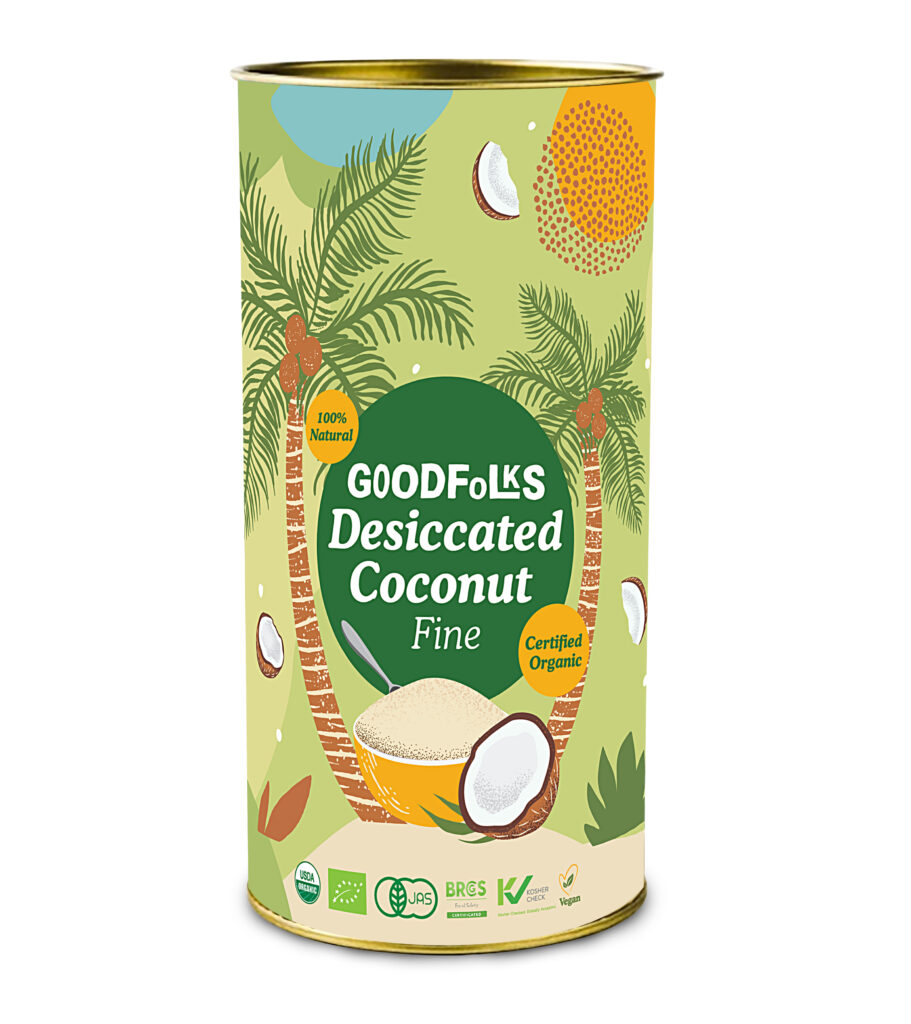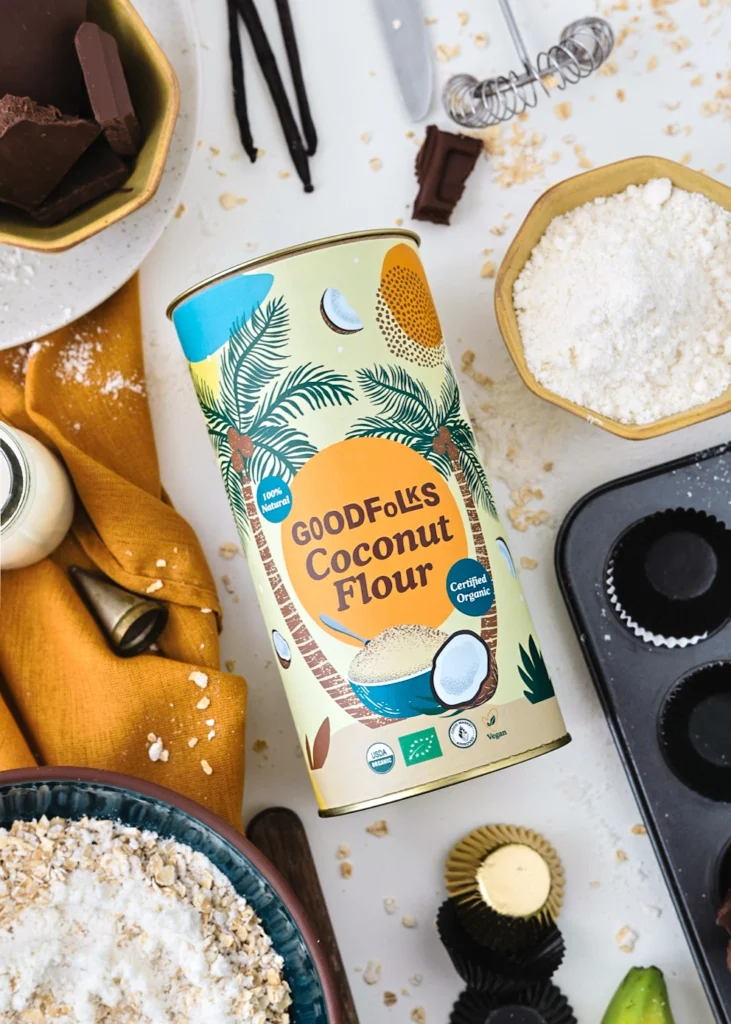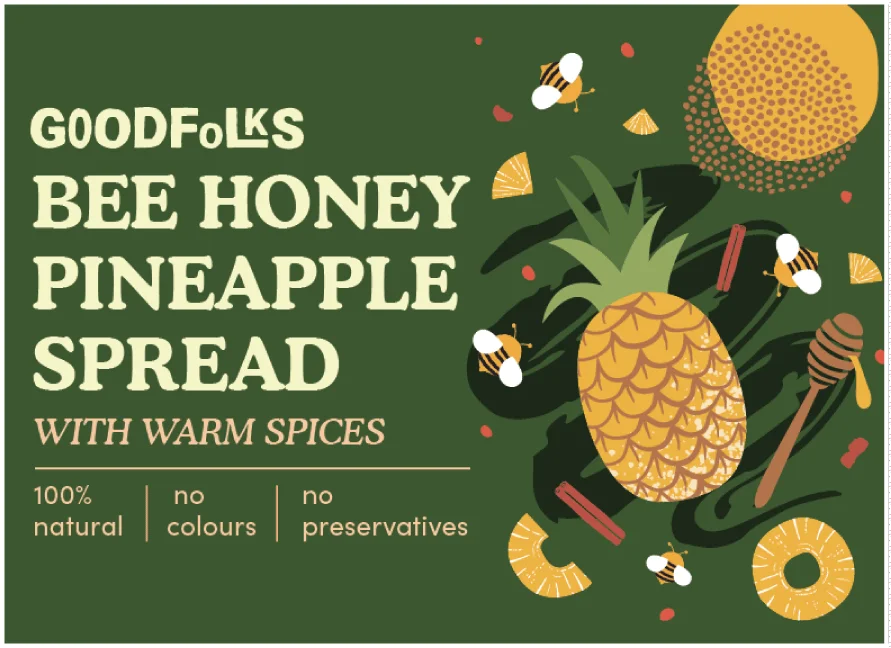
Natural Sweeteners












Natural Sweeteners
Sugar is an integral part of our diet. However it has now become a hot topic owing to serious health concerns. When you look at this problem in detail it is clear that Sugar in itself is not the issue but it is the amount of sugar we consume. Particularly as it keeps appearing in products you wouldn’t even associate with sugar. The challenge therefore is to be mindful of your sugar intake and be aware of the kind of sugars at play.

Why Organic?

Speciality Produce
Explore our range of Natural Sweeteners
Goodfolks Bee Honey Wedding Favours
PURE. KIND. MEANINGFUL. Personalised Mini Jars of Sri Lanka’s Rarest Regenerative Honey
Goodfolks Natural Hamper Collection: Curated Sri Lankan Goodness
100% Natural, Health-Conscious, Eco-Friendly – A Mindful Alternative to Gift Giving
Wedding Favours – Bee Honey Collection
A gift of purity. A statement of value.
Organic Desiccated Coconut – Fine
Page Under Construction
Organic Coconut Flour
Gluten-free, High Fibre, Healthier alternate to Wheat Flour
Pure Bee Honey and Pineapple Spread
A tropical yet healthy indulgence
First Up! Types of Sugar.
- Intrinsic sugar: Sugars that are naturally bound within the cellular structure of a food (1). e.g. sugars in whole fruits and vegetables.
- Extrinsic sugar: Sugars that are not contained within the cellular structure of a food (1). E.g. lactose (milk sugar) in dairy products. Honey, fruit juices, and table sugar are also examples of foods containing extrinsic sugars, referred to as non-milk extrinsic sugars (NMES).
- Free sugar: Sugar that is “added to foods by the manufacturer, cook or consumer, plus sugars naturally present in honey, syrups and unsweetened fruit juices” (1). Free sugars used to be known as “non-milk extrinsic sugars”.
- Added sugar: Sugar that is added to a production during the production or preparation stage, rather than being naturally-occuring.
- Refined sugar: Sugar that has been taken from a natural source, like sugar cane, sugar beet or corn, and processed into a simple sugar that can be added to food and drinks. Examples of refined sugars include table sugar and high-fructose corn syrup.
Source: https://thefoodmedic.co.uk/2021/08/are-unrefined-sugars-healthier-than-refined-sugars/
What are unrefined sugars?
When sugar is ‘extracted’ from natural forms of sugar you get refined sugar. This refining process removes almost all naturally occurring nutrients, fibres, vitamins, fats and protein leaving empty calories. Therefore unrefined sugars maintain these valuable compounds.
Further the presence of fibres help slow down the rate at which the sugar is absorbed into your bloodstream. This really helps minimise blood sugar spikes.
What are Natural Sweeteners?
Our natural sweeteners are good examples for unrefined sugars. And by being natural they maintain all their original nutrients.
Here are some of our Natural Sweeteners:
Organic Certified Coconut Sugar
Coconut sugar, sometimes called coconut palm sugar, comes from the sap of the coconut palm tree — not the coconuts. Harvesters tap coconut palm sap by cutting into the tree’s flower-bud stem to access its nectar. Producers mix the sap with water, boil it into a syrup, and allow it to dry and crystallise.
Organic Certified Coconut Treacle (syrup)
Coconut syrup is also made from the sap of the coconut palm bud. Harvesters would tap the bug and extract the nectar and boil it till its water content evaporates leaving a rich and delicious concentrate syrup. It behaves very similar to maple syrup but has a distinct flavour and is believed to retain a host of beneficial nutrients.
GMP Certified Kithul Treacle (syrup)
The process of extracting Kithul Syrup (treacle) is identical to that of extracting coconut treacle. However it is obtained from the stunning Kithul Palm tree and involves a host of traditional techniques such as curing the bud with herbs, home based preparation of the syrup and stirring the syrup over an open fire. All these subtleties add flavours and nuances that makes Kithul Treacle stand in a league of its own. Further it is only manufactured in Sri Lanka.
Sri Lanka Ayurvedic Bee Honey
Sri Lanka is home to a bee honey that has extensive medicinal properties due to the island’s bio diversity. It comes in three distinct varieties – Dark, Amber and Gold based on the regions it is sourced from. Each region’s honey comes with pollen and nectar sources unique to those regions.
Important
After all is said and done, sugar is still sugar. So while natural sweeteners and by extension unrefined sugars are considered to be comparatively better than unrefined sugars, it is not a green light to consume as much as you want. Instead, use these sparingly and treat them as an indulgence or a special treat every now and then, paying full attention to your overall diet and its effects.
Sources:
https://thefoodmedic.co.uk/2021/08/are-unrefined-sugars-healthier-than-refined-sugars/
https://healthyliving.azcentral.com/list-of-unrefined-sugars-12507428.html


